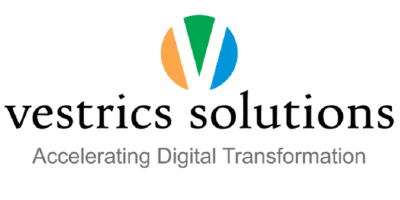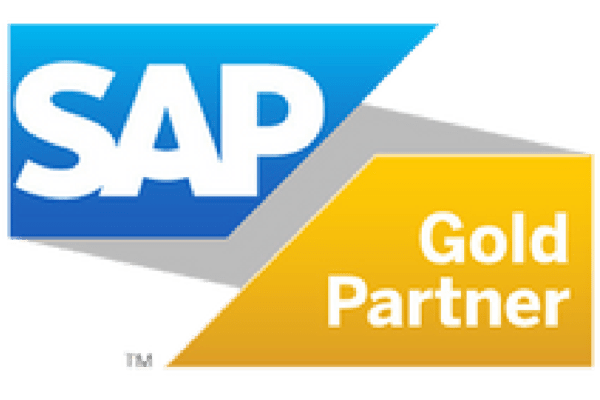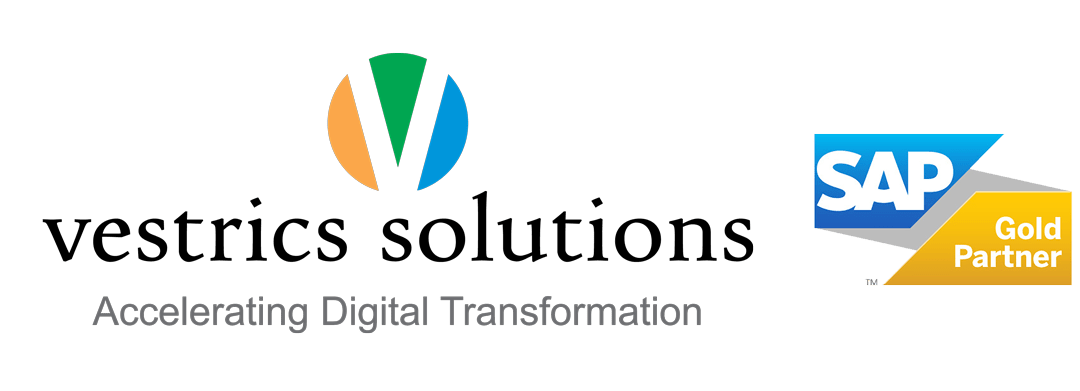In an organizational setup, management decides on the direction and work ethics. Often the employees are given a set of responsibilities and tasks that they need to finish in a given time frame with a sense of accountability. However, when the organization is inclusive and encourages employee participation rather than adopting a one-way approach, the results are astounding, leading to an increase in productivity and profitability. This is a healthy approach; however following things need to be kept in mind while adopting a participative process.
An adaptive mentality
Many organizations provide flexibility to their employees, like working from home and adjusting their schedules. With all these, the employees are trusted as well. They are encouraged to put any idea that the employees might have on the table and allowed to partner with the decision-makers to take it forward. Such adaptability and flexibility will enable the organization to grow positively, along with the employees being always motivated. The productivity of such organizations also increases, and everyone feels that they are an essential part of the whole system. Some organizations allow employee ideas to be incubated and grow, even if the same results in failure. Such organizations believe in marching together.
Building Trust
Trust is essential as it liberates the employees and assures them that they have their superiors’ backing. When an employee makes a mistake, they can be assured that they’ll have the support of their managers and be encouraged to learn from their errors. This is the level of confidence and trusts needed in the organizations to succeed and make the place productive. When an employee brings a new idea to the table, they should be encouraged, and their opinion should be thoroughly evaluated for merit. New ideas, wherever they come from, should not be brushed under the carpet. This practice develops a bond and ultimately leads to trust. In the long run, the employees tend to give their best and help the organization grow.
Collaboration 2.0
We are talking about collaborating to the next level, which means all the ideas and thoughts to improve productivity can be freely shared amongst all the managers and their subordinates. This brings in the sense of belonging and participation. A somewhat linear structure is achieved with this, enveloping everyone in one color and working towards better performance. As everyone thinks differently, a varied set of ideas is brought forth. This brings a level of challenge to consider all ideas and evaluate each one of them to arrive at the most logical group of ideas to move forward. In such a scenario, the employees drive the operations rather than a top-down approach, where all mandates come from the management. Management decentralizes the entire ecosystem and encourages cross-functional collaboration to succeed in their business outcomes.
Integrity; An essential element
A pivotal essence of building a successful organization is to hire people who have a sense of integrity and strong moral values, employees who can be trusted and who, when given responsibility, can live the same with a sense of duty and independence. Though the organizational work is a joint effort and calls for collaboration on many fronts, a sense of accountability for a particular set of tasks is always entrusted to all employees with a trust that they can handle the given tasks with responsibility and in a professional manner. This requires a great degree of clarity and transparency from the management and employees. DNA of the organization should be such that they should believe in their employees on how they represent the organization outside of the office and how responsible, trustful, and adaptable they are to the constantly evolving business dynamics. This trust should extend not only to the employees but also to the clients.
Encouraging excellence
All the above factors are put together to bring out excellence. Everyone wants to give their best to the organization and work to their total capacity. When the employees know in which domain, they can share their best, the organization must encourage and support them to excel. Thus, when such a practice is adopted, it becomes a win-win situation for both the employees and the management. While the employees will enjoy what they are doing, the management benefits from the immersive working style of their employees and can offer an enhanced service offering to their customers. This approach takes care of the employee’s well-being and, at the same time, works it to their advantage as well. When an organization invests in an employee, it is reciprocated. It enhances the profitability of the organization, and at the same time, the employees can deliver excellence while being happy in their personal and professional life.
To conclude, the essence of it all lies in the common values shared across team members in a transparent, collaborative, and trustful manner. This brings out a participative approach in the employees, and when their ideas are heard and evaluated, they feel motivated and feel like they are a part of the family. They feel like they are giving their best to the organization and are encouraged to excel in their chosen area of work. Organizations need to take cognizance of this and adopt the practice to enhance their productivity and profitability.






